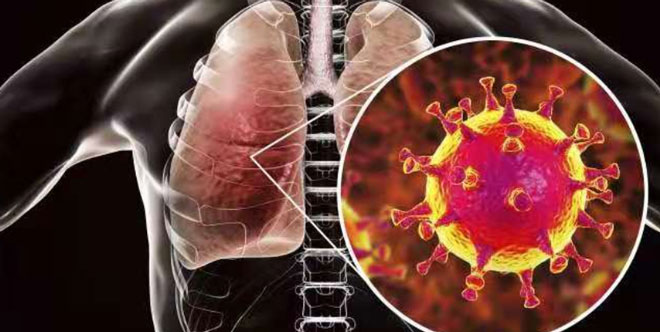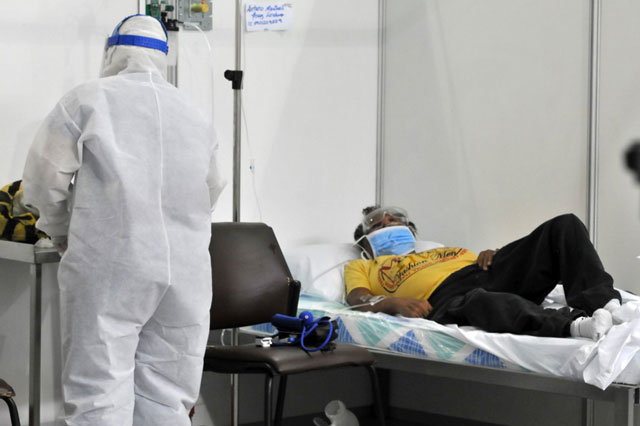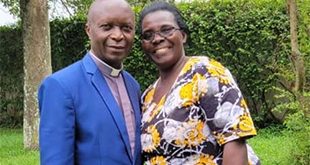
Kampala, Uganda | THE INDEPENDENT | Health experts in Uganda have predicted an increase in the need for lung rehabilitation in the aftermath of coronavirus disease.
Dr Bruce Kirenga, the director Uganda Lung Institute says that while Uganda has largely had mild cases of the respiratory disease, many of those that are testing positive will suffer lung damage that will be difficult to treat, requiring lung rehabilitation services which are quite rare in Uganda.
So far, 1,139 people have recovered and discharged but experts who were attending a discussion to mark the day of Lung Science said many of them even as they are free from the disease will likely go to health facilities in future with complications that range from lung scarring, fibrosis and inability to do certain activities due to chest pain.
Kirenga who has also conducted Uganda’s first study on COVID-19 said they are now designing a low-cost intervention that will help improve the quality of life of people with severe lung damage.
He notes that they have zeroed on having patient-tailored therapies that include carefully selected exercise training, behaviour change and nutrition that can enable sufferers to quickly go back to their normal livelihood.

This intervention called pulmonary rehabilitation will also help people that battle Tuberculosis (TB) and have already tested among patients who have recovered from TB but come back to the ward or the clinic in Mulago National Referral hospital complaining of respiratory challenges.
According to the World Health Organization, 80 percent of the people who are treated for TB recover annually. But William Worodria, a senior consultant Chest Physician at Mulago hospital says a large proportion of these who are declared cured have reduced quality of life and often come back with the aftermath complications like narrowing of the trachea technically referred to as airway stenosis, lung scarring, bronchiectasis that involves abnormal widening of the airways and in extreme cases can develop lung cancer.
When they assessed Mulago to see how many return with complaints, 30 percent of those that came back to the TB ward had complications whereas of those that went back to the Mulago Chest Clinic, 12 percent had complications. He is worried that the same might happen with COVID-19.
However, Worodria who also sits on the National Scientific Committee of COVID- 19 says Kirenga’s intervention comes in handy to solve such eventualities if they happen to post the pandemic.
******
URN
 The Independent Uganda: You get the Truth we Pay the Price
The Independent Uganda: You get the Truth we Pay the Price


